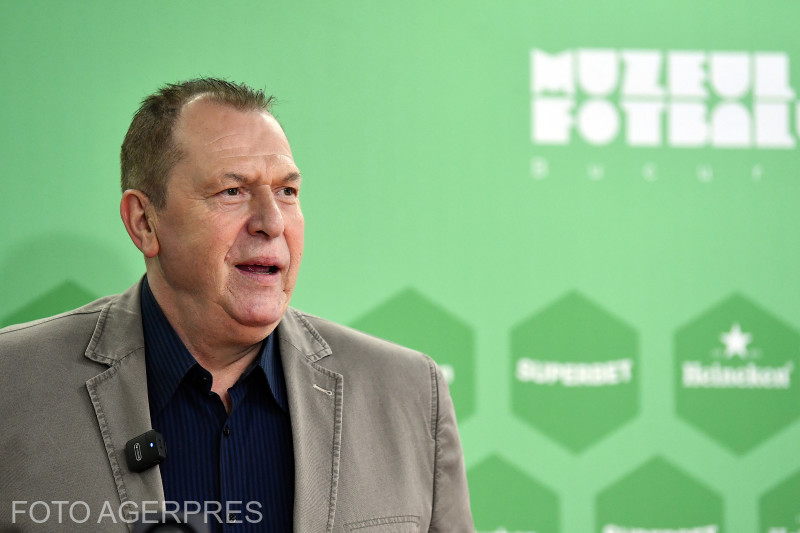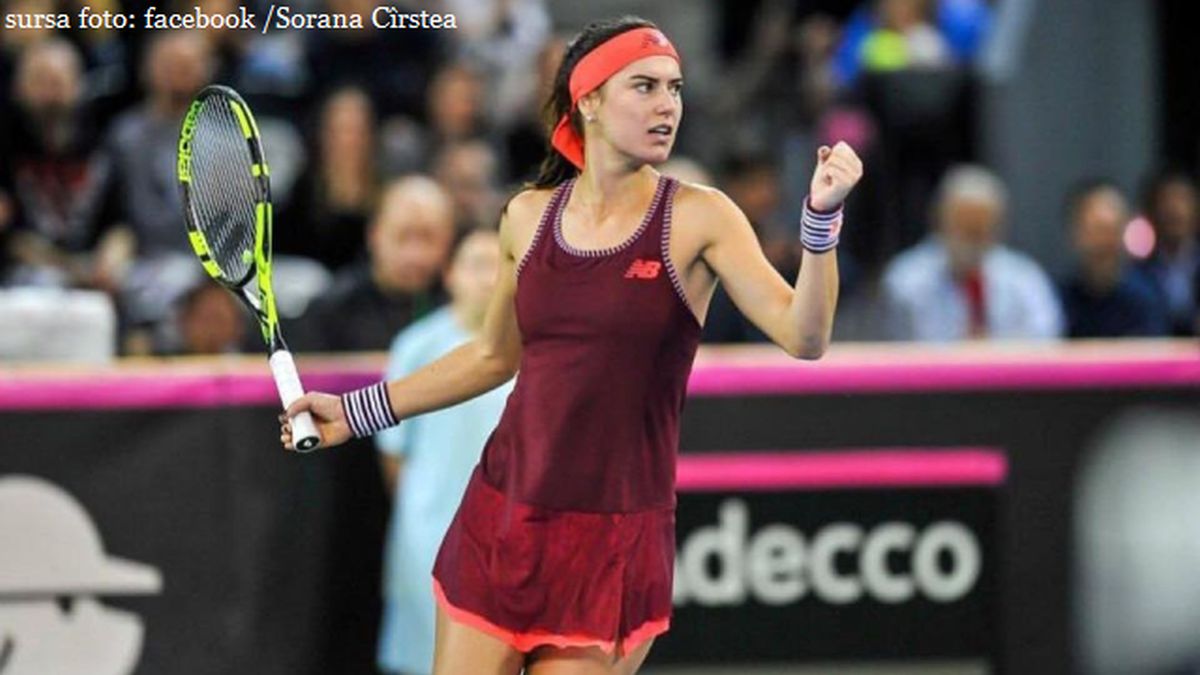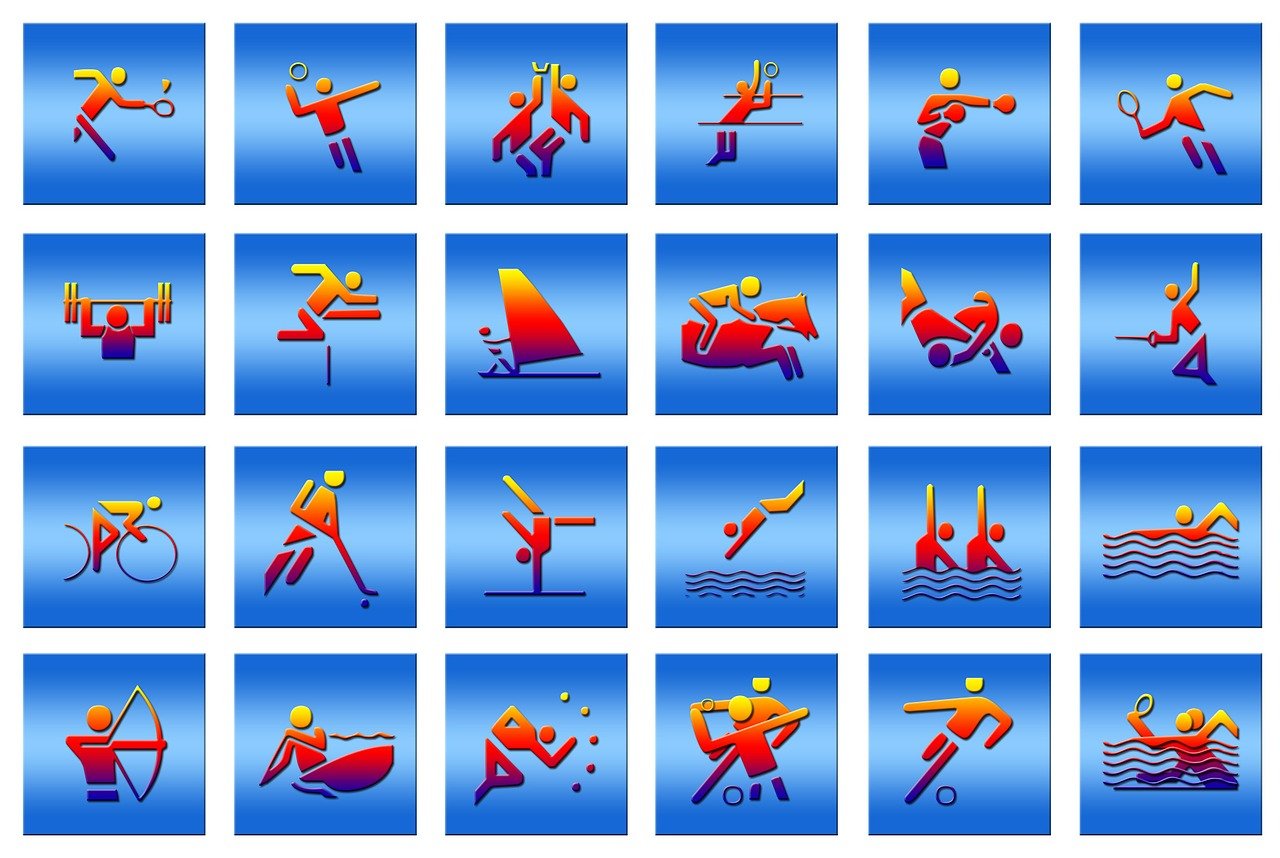Romanian Footballer Helmut Duckadam
Romanian goalkeeper Helmut Duckadam made history with his side, Steaua Bucharest, in the 1986 finals of the European Champions Cup

Florin Orban, 24.02.2025, 13:45
The former Romanian goalkeeper, Helmut Duckadam, known as the «Hero of Seville», left us in December, last year, at the age of only 65. This famous footballer had faced several health issues in recent years and, according to newspapers in Bucharest, in the autumn of 2024 he was subjected to an open-heart surgery.
On May 7, 1986, Romanian eleven, Steaua Bucharest, obtained the most important performance in the history of the Romanian football, the European Champions’ Cup. Steaua made history that year in Seville by defeating the Spanish champions, FC Barcelona, in the penalty shootout.
Marius Lăcătuş and Gabi Balint scored for Steaua, but the real hero of the Romanian side that night was its goalie, Helmut Duckadam, who managed to save all the four shots of the opponents and brought home the trophy.
Helmut Duckadam was born on April 1, 1959, in Arad county, western Romania, in a locality first documented in 1256. He made his debut in football with the local side, Semlacana, then he joined the School Football Club Gloria Arad. He made his debut in senior competitions in 1977, as the goalie of third-leaguer Constructorul Arad. In the first Romanian football league he played in September 1978, in a game against CS Târgovişte, his side, UTA, lost 2-0.
He was part of the UTA lineup for four years after which he signed up with Steaua Bucharest, the best Romanian football side at that time.
With Steaua he won the national championship twice, in 1985 and 1986. After the famous victory in the European Champions Cup, he had to give up his sports career after a surgery in his right arm caused by an aneurysm. He came back to the pitch in 1989, with the second leaguer Vagonul Arad, where he stayed for two seasons. After the end of his sporting career, he joined the Border Police where he worked for a while before his departure to the United States, where he spent one year. Upon his return to Romania he joined the sports world again by serving as honorary president of the former football club, Steaua Bucharest, today known as FCSB.
(bill)






























